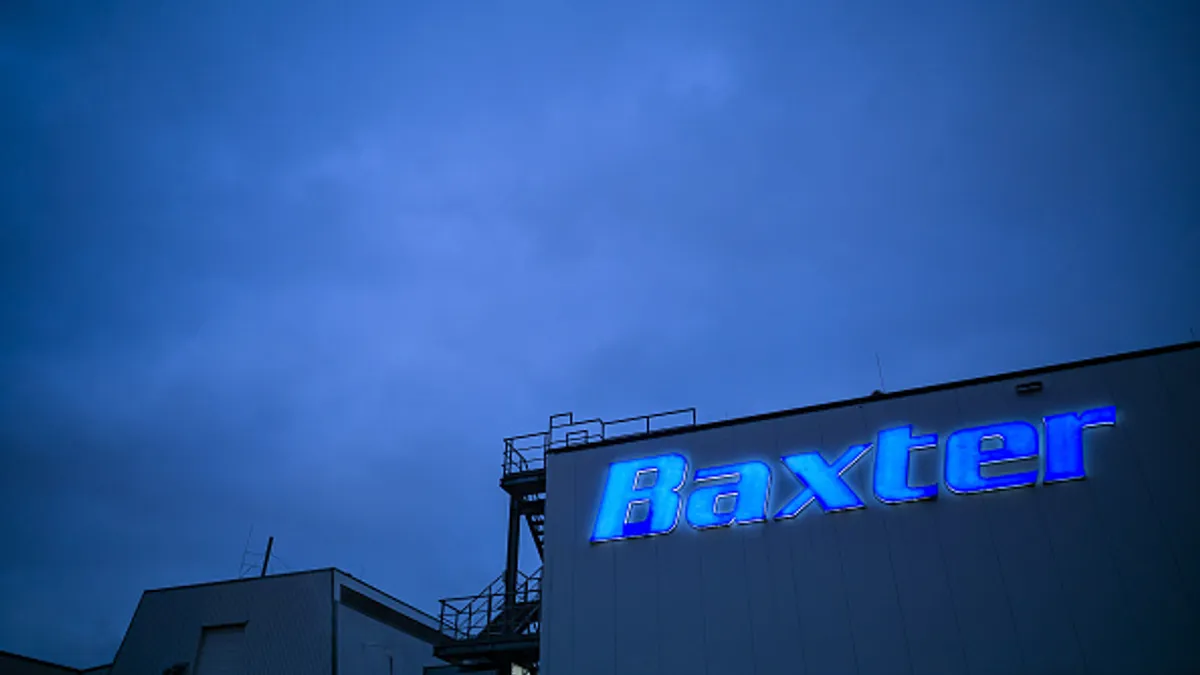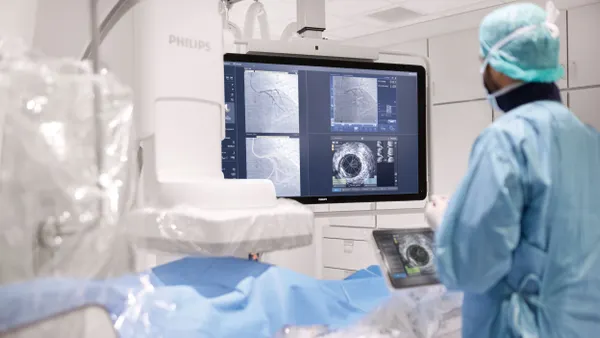Dive Brief:
- Medical device companies will continue to spin off and sell assets to improve their financials and increase their focus on core activities, Moody’s Ratings analysts said in a report Thursday.
- A series of companies including 3M and Zimmer Biomet have recently spun off assets, and analysts predict the trend will continue, starting with Baxter and Edwards Lifesciences deals that are expected to close this year.
- The analysts said tuck-in acquisitions in high-growth, high-margin areas will remain the focus for M&A, but they see potential for larger deals if interest rates fall significantly.
Dive Insight:
The analysts listed eight spinoffs and sales, including the pending Baxter and Edwards deals, since early 2022 among the companies they cover. Companies are pursuing the transactions to “bolster underlying growth rates and/or margins, improve focus on and investment in core activities and monetize assets to facilitate deleveraging vis-à-vis accelerated debt payoffs,” the analysts wrote.
Baxter plans to split from its kidney care unit in the second half of the year, either by spinning off the business or selling it to private equity buyers. The analysts said the plan is part of Baxter’s attempts to “simplify its business and focus on innovation such as connected-care technological solutions.”
Edwards also plans to complete a spin off in the second half of the year. The company is working to turn its critical care unit into a standalone business. The analysts see upsides and downsides, saying the deal “would likely reduce the company's diversity and scale” but allow Edwards to focus on transcatheter aortic valve replacement and new investments in interventional heart failure technologies.
The analysts cited Boston Scientific’s planned $3.7 billion acquisition of Axonics as an example of the sort of tuck-in acquisition they expect to see companies pursue in 2024. Stryker and Zimmer Biomet are likely to use free cash for R&D and acquisitions, the analysts said. Bolt-on acquisitions could accelerate growth “in faster-growing parts of the market such as technological capabilities.”
Johnson & Johnson has shown an appetite for larger deals, recently following up its $16.6 billion buyout of Abiomed with an agreement to acquire Shockwave Medical for $13.1 billion. The analysts said there could be more Shockwave-sized takeovers “if interest rates substantially decrease.”













